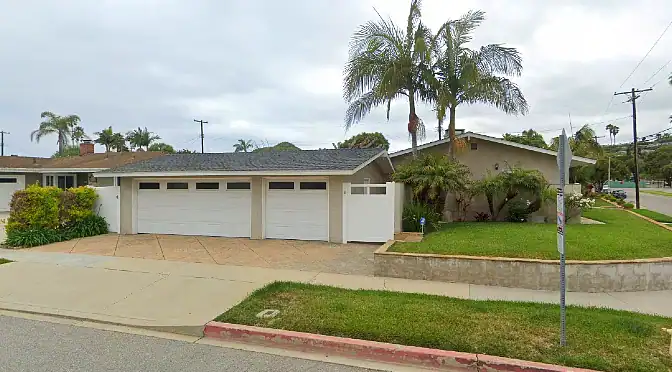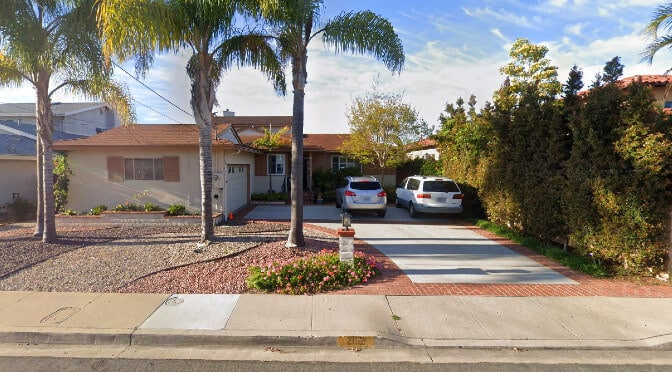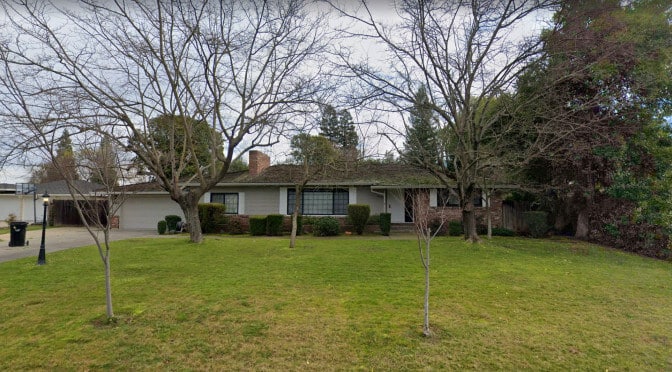
Trust Beneficiary Buyout – Buying Out a Trust Beneficiary
A trust beneficiary buyout is needed when a beneficiary of the trust wishes to keep a property while another beneficiary wants cash. Buying out other beneficiaries often requires obtaining an irrevocable trust loan to provide the trust with the necessary liquidity. Buying out a trust beneficiary is a quick and easy process when working with a specialized trust loan lender. The beneficiary buying property from the trust will later be able to refinance the short-term trust loan into a long-term traditional loan once the property is transferred into the individual’s name. The process is very similar for a beneficiary buying property from an estate (probate loan).
Can a Beneficiary Borrow from a Trust?
A beneficiary can borrower from a trust by obtaining an irrevocable trust loan. This allows for one beneficiary to buy out another beneficiary and ultimately buy the house from the trust. Irrevocable trust loans are only available from specialized irrevocable trust loan lenders. Traditional lenders such as banks, credit unions and other large institutions are not able to lend to irrevocable trusts.
Buying out other beneficiaries is relatively straight-forward with the trust loan. An irrevocable trust loan lender can lend to the trust and then allow the beneficiary to assume the loan when they take title of the property. The trust loan could then be refinanced by a traditional lender once the title of the property is in the name of the beneficiary.
The trust loan is made directly to the irrevocable trust with the trust being the actual borrower of the loan. The trust loan is secured with a note and deed of trust against the real estate just like a normal bank loan. The loan proceeds are sent directly to the trust’s bank account from escrow. Once the trust loan proceeds are in the trust bank account, the cash can be distributed to the beneficiaries being bought out. Now the trust beneficiary buyout is complete.
If the inherited property was not owned by a trust it would likely be within an estate. This would require the probate administrator and heirs to obtain a probate loan. The probate loan and trust loan processes are very similar and provide comparable benefits to the beneficiaries.
Can a Trustee Buy Property from the Trust?
Yes, a trustee can buy a property from the trust if this is allowed by the trust documentation. In many situations, the successor trustee of the trust is also a beneficiary of the trust and is inheriting a portion of the trust-owned property. Buying a house from the trust may require buying out a trust beneficiary with a trust loan. The trust loan provides the trust with the liquidity necessary to give the beneficiary cash in exchange for their interest in the real estate. The trust can then transfer the property out of the trust into the name of the trustee/beneficiary who is keeping the property. This results in an even distribution the assets of the trust.
Buying Out a Trust Beneficiary for Prop 19/58 (California)
Buying out a trust beneficiary and avoiding a property tax reassessment is possible in California with Prop 19 or Prop 58. Rather than the beneficiary buying the property from the trust, they are instead buying out the other beneficiary’s interest in the property and then transferring the property from the trust to the beneficiary who is keeping the property. This type of transfer allows for beneficiaries in California to apply for Prop 58 (parent to child exclusion) and prevent a property tax reassessment. Buying out the other beneficiaries directly would be seen as a sibling to sibling transfer which would not allow for the beneficiary to obtain Prop 58.
Distribution of Trust Assets to Beneficiaries
The trust distribution process often requires dividing assets so the beneficiaries can receive the portion of the assets they are entitled to as described by the trust documents. The distribution of trust assets to beneficiaries is often easier when a trust loan is obtained and secured against trust-owned real estate.
The loan proceeds provide liquidity to the trust to assist in equalizing the trust distribution. Once the trust loan proceeds have been distributed to the beneficiaries who are exchanging their interest in the property for cash, the trust beneficiary buyout is complete. The next step is the transfer of the trust property to the beneficiary.
Transfer of Trust Property to Beneficiary
The title of the trust property can be transferred to the beneficiary once the other beneficiaries have received their buyout funds. The trust property is often transferred to the beneficiary with a grant deed that is recorded with the county. Irrevocable trust loans are secured with a note and deed of trust against the real estate. The loan stays attached to the real estate when the property transfers from the trust to the individual.
*Consult a trust attorney or tax professional prior to obtaining a loan or transferring trust property.
Recent Trust, Estate and Probate Loans Funded by North Coast Financial
Probate & Trust Loans Resource Guide
CA Trust Beneficiary Buyout Request
We will contact you to review the loan scenario and provide a quote.




